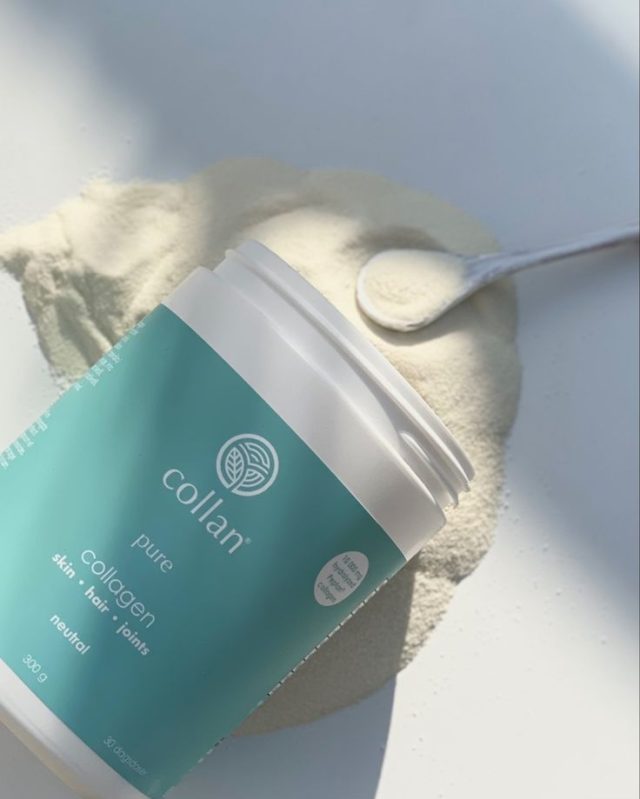Collagen supplements are everywhere — from powders to capsules, it seems like everyone is adding collagen to their daily routine for stronger joints, better skin, and gut support. But if you’ve recently started supplementing and noticed changes in your digestion, you may be asking: can collagen cause constipation?
It’s a valid concern, especially for those with sensitive stomachs. While collagen is generally well-tolerated, some people do experience mild digestive issues when introducing it into their diet. Let’s unpack why this might happen — and what you can do about it.
Understanding How Collagen Works in the Body
Collagen is the most abundant protein in the human body and plays a vital role in skin elasticity, joint cushioning, and gut lining integrity. Collagen supplements — often in the form of hydrolyzed peptides — are broken down for easy absorption and use throughout the body.
But because it’s a protein, your body still has to digest it, and that’s where some temporary issues can occur.
Can Collagen Actually Cause Constipation?
For most people, collagen supplements are perfectly fine. However, in certain cases, some may notice slower digestion or changes in bowel habits.
Here’s why collagen could contribute to constipation:
- ❌ Low water intake – Collagen absorbs water; without enough hydration, stool can become hard
- ❌ Lack of fiber in your diet – Collagen contains no fiber, which is key for regularity
- ❌ Sudden increase in protein – A sudden uptick in protein may alter gut motility temporarily
- ❌ Individual sensitivity – Some people’s digestive systems react differently to protein-rich supplements
The good news? These effects are usually temporary and easily addressed with a few simple tweaks.
Tips to Prevent Constipation from Collagen
If you’re experiencing digestive discomfort after starting collagen, don’t ditch it just yet. Try these strategies first:
- 💧 Increase water intake – Aim for at least 8–10 cups per day
- 🥬 Add fiber-rich foods – Include fruits, veggies, oats, and flaxseed to balance digestion
- 🕒 Introduce collagen gradually – Start with a smaller dose and work up
- 🚶 Stay active – Physical movement helps stimulate healthy bowel movements
- 🍋 Take with lemon water or probiotics – These can improve digestion and absorption
In most cases, balancing hydration and fiber is enough to smooth things out (literally).
Real-Life Experience: Natalie’s Gut Check
Natalie, 34, started adding collagen to her morning coffee to help with postpartum hair loss. “The first week, I was so bloated and felt backed up,” she recalls. “But after drinking more water and adding chia seeds to my smoothie, everything got better — and now my skin and joints feel amazing.”
Her experience is common — minor bumps at the start, followed by big benefits once your body adjusts.
Is Collagen Still Worth Taking?
Absolutely. Despite a few temporary side effects for some, collagen remains one of the most powerful natural supplements for:
- ✅ Skin hydration and elasticity
- ✅ Joint and bone support
- ✅ Gut lining repair
- ✅ Hair and nail strength
- ✅ Muscle recovery and connective tissue repair
The key is listening to your body and supporting it with hydration, fiber, and consistency.
Final Thoughts
So, can collagen cause constipation? It can, especially when hydration and fiber are lacking — but it’s not the norm. With the right balance, collagen can become a powerful ally in your wellness routine without disrupting digestion.
For clean, multi-type collagen supplements designed with quality and absorbability in mind, explore the range at BioOptimal Supplements — trusted by health-conscious individuals who want results without compromise.








